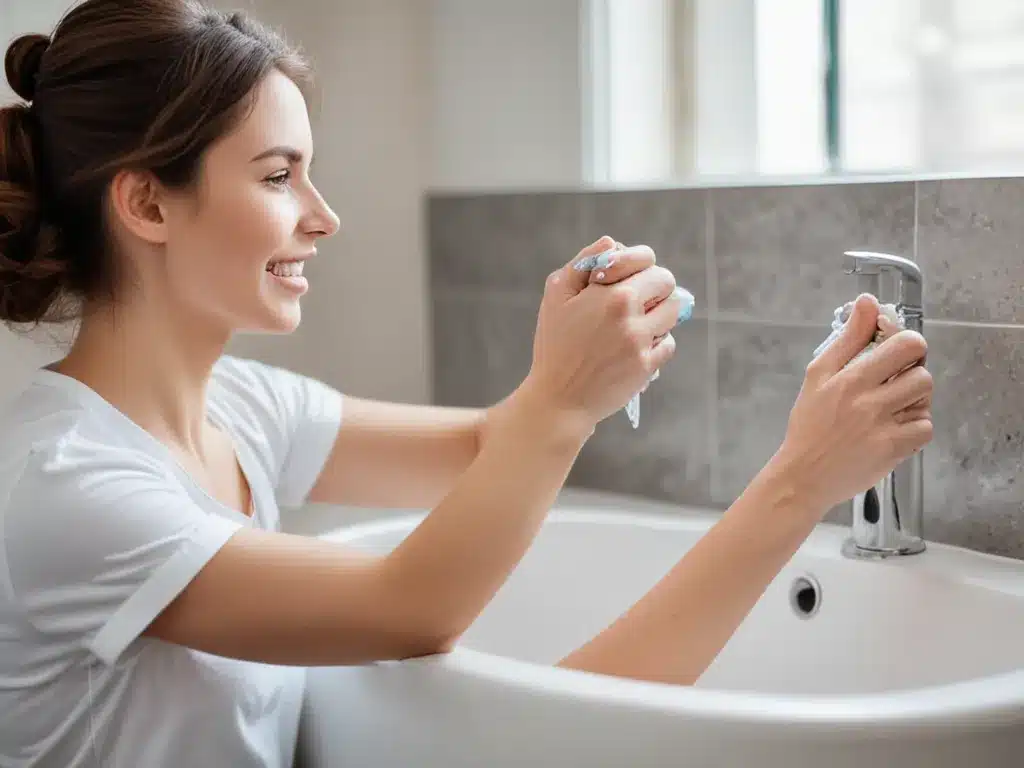Keep Your Hands Clean
Handwashing is one of the most effective ways to protect myself against germs. I should wash my hands with soap and water for at least 20 seconds, especially before eating, after using the bathroom, and after being out in public. If soap and water aren’t available, I can use an alcohol-based hand sanitizer. I should also avoid touching my face with unwashed hands. Keeping my hands clean helps prevent the spread of germs that can cause illnesses like the flu, common cold, and stomach bugs.
Practice Respiratory Hygiene
I can help stop the spread of germs that cause respiratory illnesses like the flu or COVID-19 by practicing good respiratory hygiene. I should cover my mouth and nose with a tissue or the inside of my elbow when I cough or sneeze to prevent spreading germs through the air. I should throw used tissues in the trash right away and wash my hands afterwards. Wearing a face mask in public is another effective way to contain coughs and sneezes. Avoiding close contact with sick people also reduces my risk of catching or spreading respiratory infections.
Disinfect High-Touch Surfaces
Germs can survive on surfaces like doorknobs, faucet handles, and phone screens for hours or even days. Regularly disinfecting these high-touch surfaces in my home and workspace helps kill harmful bacteria and viruses. I should use EPA-approved disinfectants or a bleach solution to thoroughly clean surfaces I frequently touch. Focus on cleaning things like remote controls, light switches, keyboards, and countertops. I can also use disinfecting wipes to give my phone screen and other portable items a quick wipe down when I’m out and about. Developing good disinfecting habits protects me and others from many different illnesses.
Don’t Share Personal Items
Sharing personal items like drinks, food, makeup, towels, or toothbrushes allows germs to spread from one person to another. To avoid swapping germs with people in my household or community, I need to be mindful not to share my personal items and hygiene tools. I should give each family member their own towels, utensils, drinking cups, etc. Labelling my items prevents accidental sharing. I should also discourage bacterial growth by replacing my toothbrush every 3-4 months and washing makeup brushes, combs, razors, and other items regularly. Simply avoiding shared personal items reduces my risk of all kinds of contagious diseases.
Get Adequate Sleep
My body’s immune system defends against germs and recharges while I sleep. Not getting adequate sleep weakens my immune response, making me more prone to getting sick after exposure to viruses and bacteria. Adults need 7-9 hours of sleep per night. I can improve my sleep hygiene by keeping a consistent bedtime, limiting screen time before bed, avoiding caffeine in the evenings, and creating a cool, comfortable, and quiet sleep environment. Getting sufficient high-quality sleep strengthens my immune system’s ability to fight off infections and keeps me healthier overall.
Conclusion
Practicing good hygiene habits like handwashing, respiratory etiquette, surface disinfecting, avoiding shared personal items, and getting enough sleep provides an effective defense against harmful germs. Combining these science-backed techniques significantly reduces my chances of catching and spreading contagious illnesses. Making smart hygiene choices protects myself and the people around me. Arming myself with these must-know tips helps me stay clean, healthy, and germ-free!







